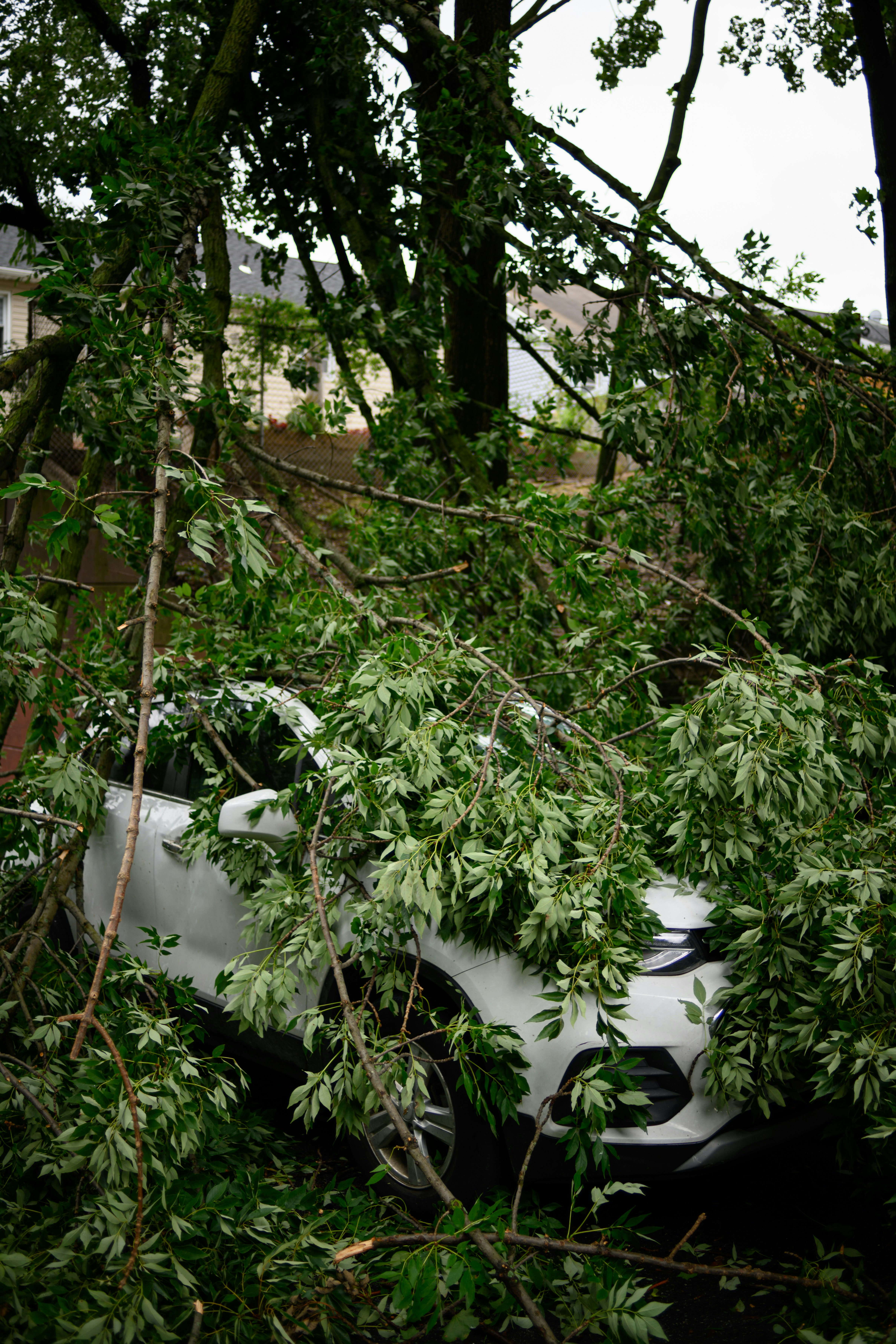
The Vital Role of First Responders During Hurricanes
Hurricanes pose a severe threat to communities, especially in coastal regions like Florida. When these natural disasters strike, first responders are on the front lines, ensuring public safety and providing crucial aid. Their ability to act swiftly and efficiently can make a significant difference in the outcomes for communities facing the wrath of a hurricane.
Given the challenging and dynamic nature of their roles, it is essential for first responders to receive comprehensive resilience training. This specialized training not only equips them with the skills necessary to perform their duties under pressure but also prepares them emotionally and mentally to withstand the traumatic impacts of disasters.
What is Resilience Training?
Resilience training is designed to enhance the mental and emotional strength of individuals, enabling them to cope effectively with stress and adversity. For first responders, this type of training involves developing critical skills such as stress management, emotional regulation, and decision-making under pressure.
First responders face high-stress scenarios, from rescuing trapped individuals to providing medical care in chaotic environments. Resilience training helps them maintain clarity and focus during these emergencies, ensuring that they can carry out their responsibilities with confidence.
Components of Effective Resilience Training
To maximize its benefits, resilience training for first responders should include several key components:
1. Scenario-Based Simulations
Conducting scenario-based simulations allows first responders to practice their skills in controlled environments that mimic real-life situations. This hands-on approach prepares them to handle unexpected challenges with greater competence.
2. Stress Management Techniques
Teaching stress management techniques is essential for helping first responders maintain their composure. Strategies such as mindfulness, deep breathing exercises, and cognitive restructuring can help them manage their stress levels effectively.
3. Team Building and Communication Skills
Successful emergency responses require seamless coordination among team members. Training that emphasizes team building and communication helps ensure that first responders can work effectively together, even under pressure.
Preparing for the Increasing Intensity of Hurricanes
With climate change contributing to the increased frequency and intensity of hurricanes, it is more crucial than ever for first responders to be well-prepared. The ability to adapt to rapidly changing conditions and to respond effectively to more severe storms is paramount. [Learn more about climate change and hurricanes](https://www.noaa.gov/education/resource-collections/weather-atmosphere-education-resources/hurricanes) from the National Oceanic and Atmospheric Administration.
Community Engagement and Education
Beyond their immediate response duties, first responders play a key role in community education and engagement. By sharing their knowledge and expertise, they can help residents understand the importance of preparedness and guide them in developing their own emergency response plans. This proactive approach can significantly enhance community resilience.
Support and Resources for First Responders
To sustain the demanding roles of first responders, it is essential to provide them with the necessary support and resources. This includes ongoing training opportunities, access to mental health services, and ensuring their physical safety through appropriate equipment and protocols.
Additionally, community organizations and non-profits like HelpNow contribute by providing resources and support to enhance the skills of first responders. These organizations play a vital role in fostering a more resilient community and ensuring that first responders have the tools they need to succeed.
Enhancing Response Capabilities
Resilience training is an invaluable investment in the safety and preparedness of our communities. By equipping first responders with the skills they need to handle the mental and physical demands of their roles, we can enhance our overall response capabilities during hurricane events.
The need for well-trained, resilient first responders cannot be overstated, as they are integral to maintaining public safety and order during crises. As we continue to face the challenges posed by increasing hurricane intensity, investing in resilience training will remain a top priority for ensuring community safety and preparedness.
For more information on how you can support first responders and community resilience efforts, consider [joining our efforts](https://helpnowproject.org/join) at HelpNow.
